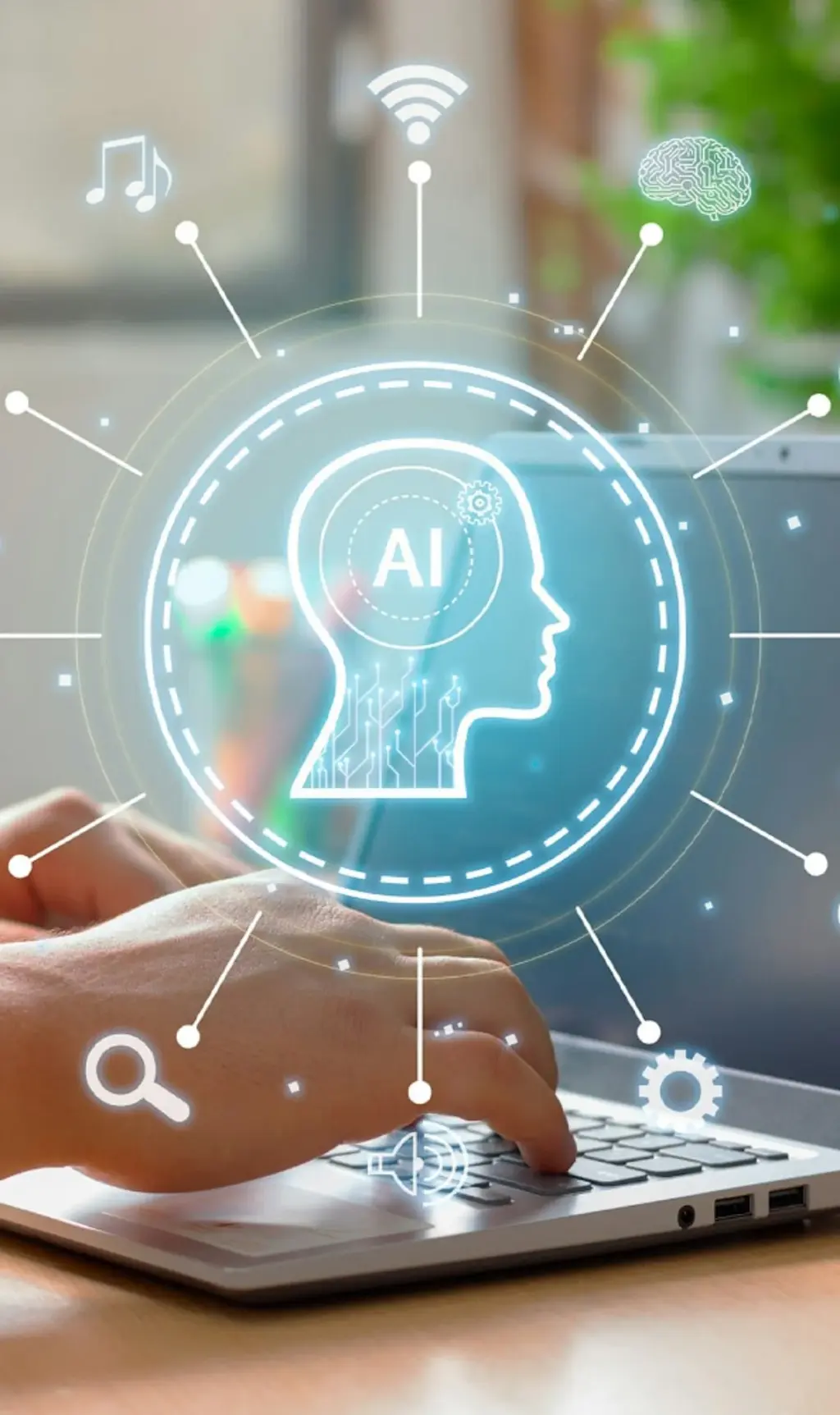
The integration of Artificial Intelligence (AI) into the information technology sector is accelerating dramatically, with significant trends emerging in 2025 that are transforming the industry landscape. Key developments include advancements in AIOps, edge computing, low-code platforms, cybersecurity, and quantum AI, which are not only reshaping technology but also redefining the future of work.
AIOps and its Impact on Operational Efficiency
AIOps, or Artificial Intelligence for IT Operations, is changing how organizations manage their IT environments. By leveraging machine learning and big data, AIOps allows for real-time data analysis, enabling businesses to proactively address issues before they escalate. According to a report by Gartner, organizations implementing AIOps can reduce IT operational costs by up to 30% while improving system reliability.
The growing reliance on AIOps is seen particularly in large enterprises where the complexity of IT systems demands intelligent solutions. This shift not only streamlines operations but also enhances the ability to scale services rapidly, a crucial factor in today’s fast-paced digital economy.
Edge Computing: Enhancing Data Processing Capabilities
As companies increasingly adopt edge computing, the need for rapid data processing has become paramount. Edge computing facilitates data processing closer to the source rather than relying solely on centralized cloud servers. This shift reduces latency and improves efficiency, which is critical for applications such as Internet of Things (IoT) devices and real-time analytics.
A study by IDC projects that by 2025, edge computing will account for 75% of all data generated, highlighting its growing importance in the IT landscape. Organizations that embrace edge computing can leverage this technology to enhance their operational capabilities and improve customer experiences.
Growth of Low-Code Platforms
The rise of low-code development platforms is democratizing software development. By allowing users with limited programming knowledge to create applications, businesses can accelerate their digital transformation initiatives. According to Forrester Research, the global market for low-code platforms is expected to reach $21.2 billion by 2025.
This trend is particularly beneficial for organizations looking to quickly adapt to changing market demands without the lengthy timelines associated with traditional software development. By empowering more employees to participate in the development process, companies can foster innovation and responsiveness.
Cybersecurity in the AI Era
As AI technologies advance, so too do the threats associated with them. Cybersecurity is a critical focus for organizations adopting AI, as they must protect their systems against increasingly sophisticated attacks. According to Cybersecurity Ventures, global cybercrime costs are projected to exceed $10.5 trillion annually by 2025.
To combat these threats, businesses are integrating AI into their security protocols. AI-driven cybersecurity solutions can analyze patterns and detect anomalies more efficiently than traditional methods, enabling quicker responses to potential breaches. This proactive approach is essential for safeguarding sensitive data and maintaining customer trust.
The Rise of Quantum AI
Quantum AI represents the frontier of artificial intelligence research and development. By harnessing the principles of quantum computing, organizations hope to solve complex problems that are currently beyond the reach of classical computers. Although still in its infancy, quantum AI has the potential to revolutionize industries ranging from finance to healthcare.
Research from McKinsey suggests that by 2030, quantum computing could deliver up to $1 trillion in economic value across various sectors. As businesses begin to explore quantum AI applications, the implications for data analysis, optimization, and problem-solving could be profound.
In conclusion, the transformation of the IT landscape in 2025 through AI-driven technologies is reshaping how organizations operate and innovate. From enhancing operational efficiency with AIOps to securing systems against cyber threats, these trends are setting the stage for a more agile and responsive technological future. Companies that embrace these advancements will likely emerge as leaders in the digital economy.






